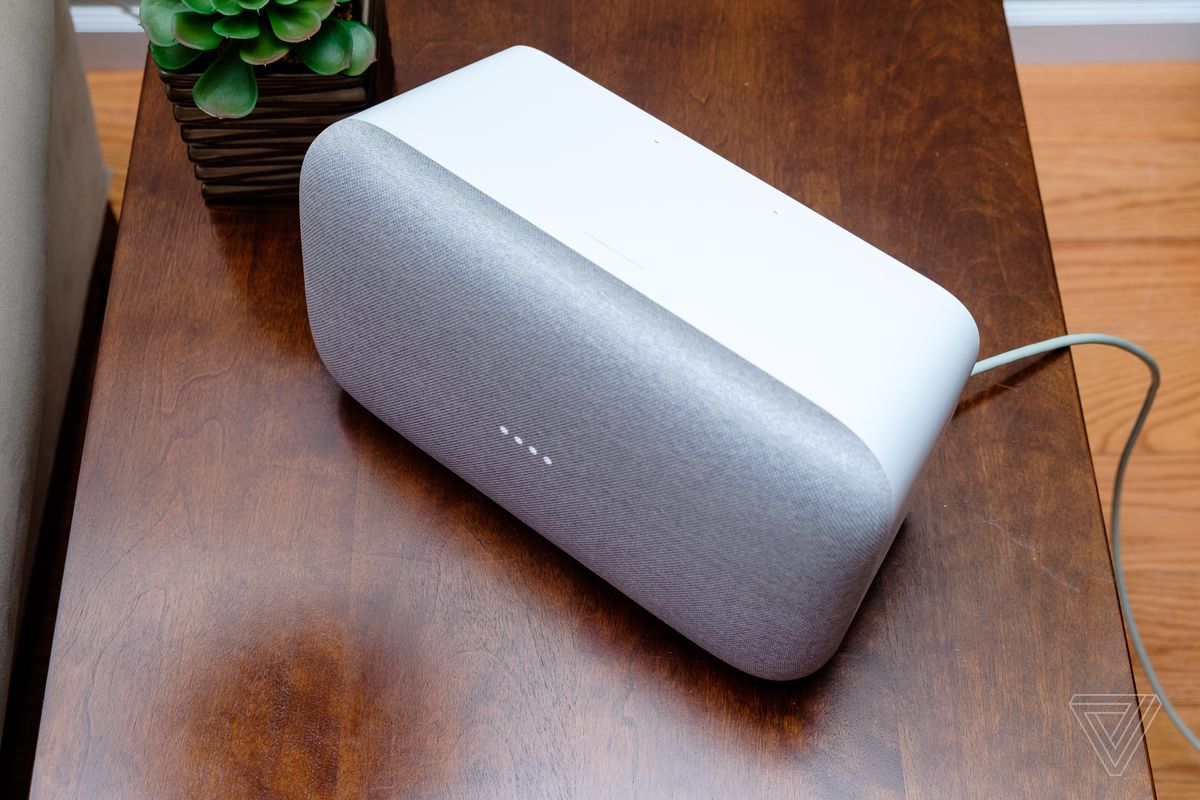
google home max shut down
Google has pulled the plug on the Home Max speaker. It has stopped producing the speaker but it will continue to support the speaker. The Home Max was launched three years ago in 2017 at a price of 399 USD.
Before the announcement of its departure, the Home Max was being sold at heavily discounted prices everywhere. At its lowest, it was on the market for 149 USD. There were speculations about this, now it is clear that Google clearly planned this months ago. Google released a statement confirming the move after the last units of the Home Max sold out. It said,
We’ve sold out of Google home Max and will no longer be manufacturing the device. With the launch of Nest Audio, we’re offering a range of great home audio solutions, particularly with two Nest Audios paired for stereo sound.
Google assured its users that it will not stop supporting the speaker, it also added,
Existing Google Home Max users shouldn’t worry as they won’t see any change in their service. We’ll continue to offer software updates and security fixes to Google Home Max devices. We’re committed to delivering great sound and whole-home audio features across all of our Assistant-enabled products.
So, the existing owners of the Home Max need not worry. Google will continue to support it despite pulling the plug.
The decision to cease its production was also due to Nest Audio which retails at 99.99 USD. Users can just buy the Nest Audio instead of buying the expensive Home Max. The Nest Audio compared to the Home Max is a far better option in almost all aspects. It receives regular updates. The Home Max had dual woofers and tweeters while the Nest Audio was built to enhance sound quality. Google recommended buying two nest audios instead of one Home Max speaker.
There are a few differences between the two speakers though, the Home Max has an AUX input while the Nest Audio does not have one. Moreover, there are clear differences in the volume levels of the two speakers. The Home Max has an unmatched volume level.
The Google Home Max had a successful three-year run, and while the move to discontinue it is an unfortunate one, it also makes sense.
This post was last modified on December 16, 2020 2:03 pm